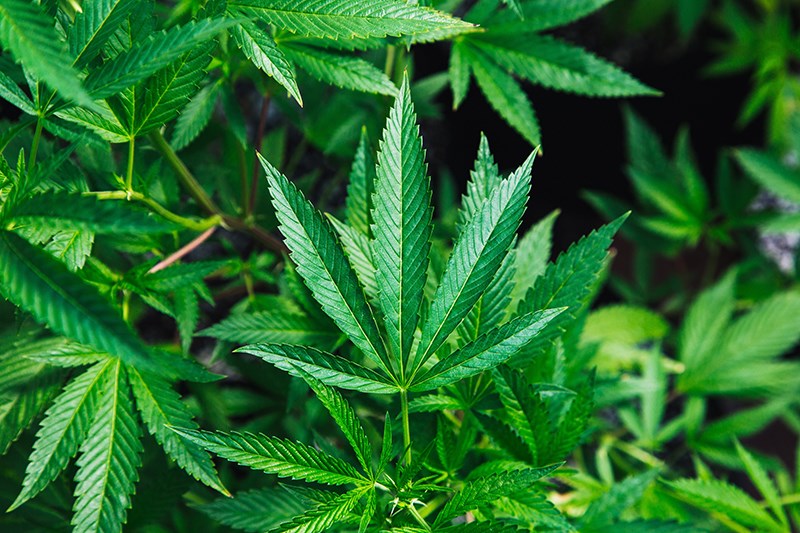While the city of Coquitlam is still reviewing how it intends to regulate the cannabis industry, one company is already setting up shop in the municipality.
Nextleaf Labs received a temporary use permit this week for a Schooner Street property where it intends to research and develop marijuana extraction techniques. The company also manufactures processing equipment that distills and refines waste cannabis into usable oils, according to a city staff report.
"Nextleaf is different in that it does not cultivate cannabis or hemp," company president Tom Ulanowski told council Monday. "Our patented processing technology helps companies increase revenue and profitability through extraction and purification of low quality and otherwise waste biomass into high-purity oil."
The end product can then be used in both medical and recreational markets, he added, noting the company does not sell directly to consumers.
But jumping through the regulatory hoops is difficult in a municipality where most cannabis-related activities are prohibited under current zoning bylaws. Updating the rules is listed as a C priority in Coquitlam's 2020 business plan.
While the city is in the process of reviewing its marijuana regulations, Nextleaf Labs will operate under the temporary use permit while it hopes the bylaws will change by the time that document expires in three years.
"We understand that in the worst-case scenario, we have the ability to extend it," Ulanowski said. "We are hoping that we can be a test case for the city of Coquitlam to show and prove to the public and the staff and council and the mayor that we are able to operate transparently, we are able to be a positive member of the community. And hopefully, by then, the bylaws will change and be a little less restrictive for organizations like ours."
Nextleaf Labs would be one of the first processing operations in Metro Vancouver and could work to raise Coquitlam's profile in the cannabis technology industry, Ulanowski said. It will also provide between 30 and 50 skilled jobs for local residents.
Given the history of the illegal marijuana growing industry in B.C., Ulanowski said he understands some of the reticence about dealing with legal producers.
But municipal regulations have been one of the biggest hurdles facing the industry in B.C., forcing some companies to relocate to Alberta and Ontario, he said. If attitudes do not change, the province could miss out on a growing part of the economy, Ulanowski added.
"The legal industry has not seen a lot of support from municipalities," he said, later adding: "That is the biggest challenge for the industry in B.C."
Coquitlam councillors were supportive of the business, voting unanimously in favour of the temporary use permit. Several council members recently toured the facility and noted the extensive security system operating on the premises.



